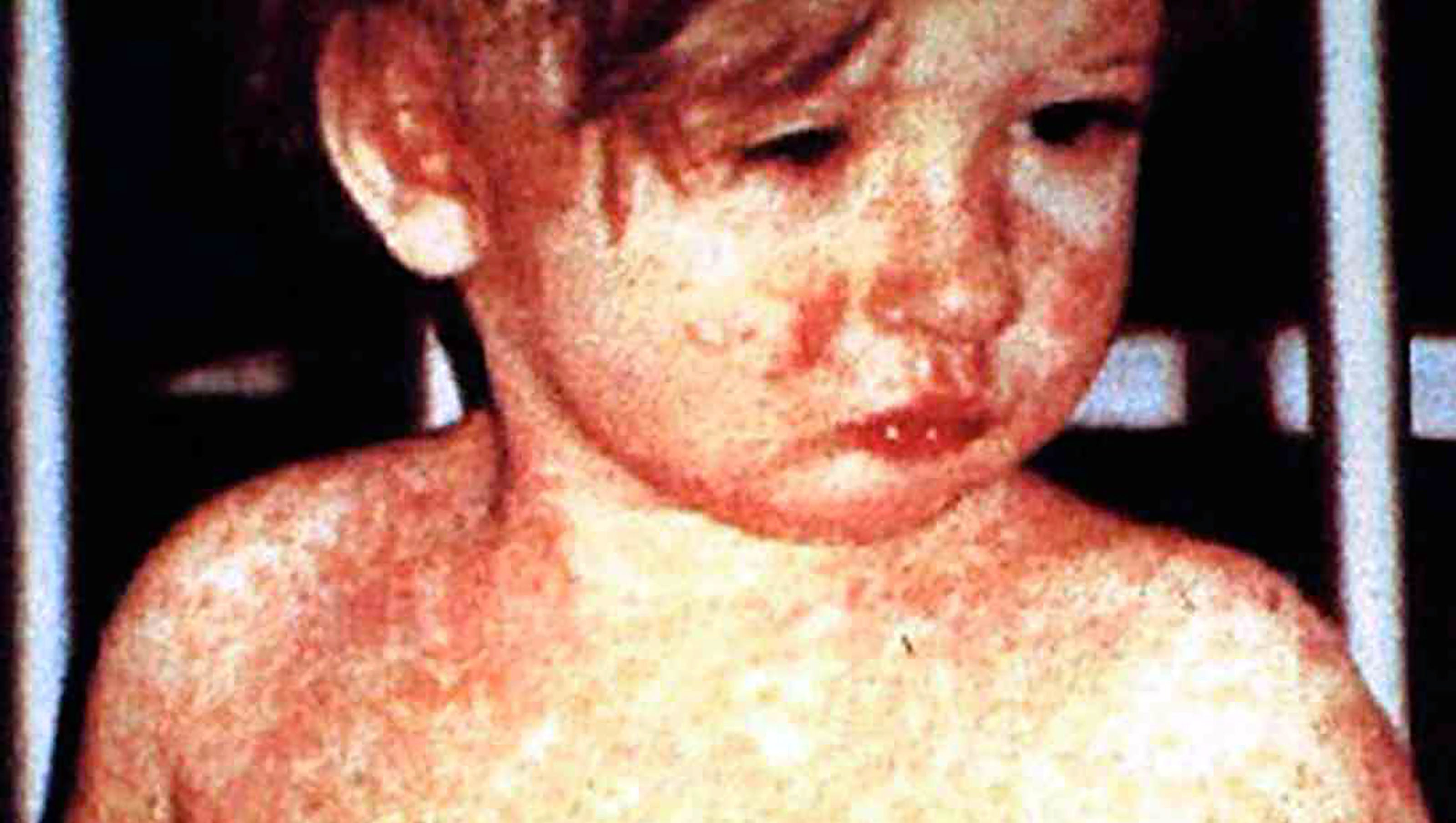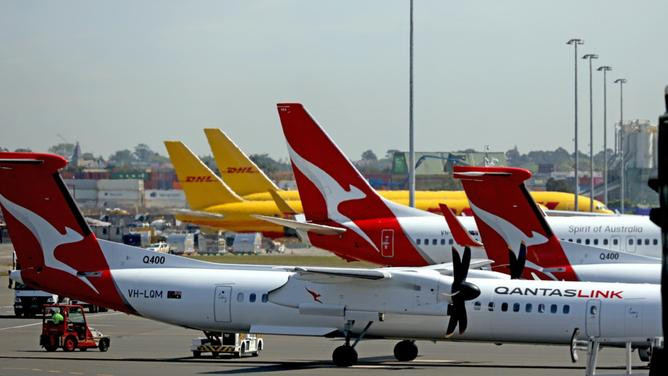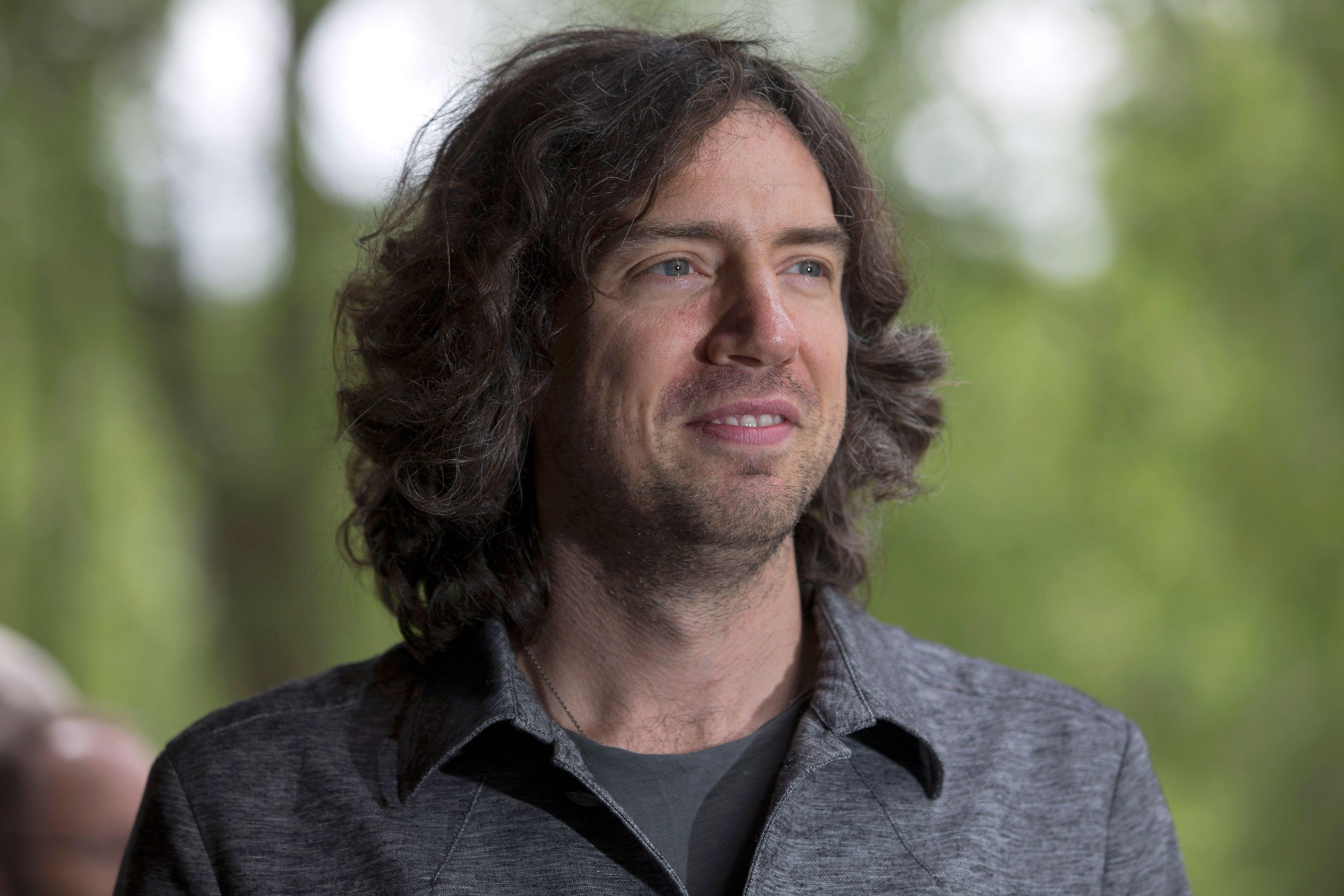Passengers on board a bus travelling from Dublin Airport to Co Tipperary may have been exposed to measles. An alert has been issued following a confirmed case in a passenger who flew into Dublin from Naples on Saturday morning. The HSE is advising all passengers on the bus or plane to be aware of any symptoms for the next two to three weeks.
The alert affects a JJ Kavanagh bus - number 717 - which departed Dublin Airport for Clonmel at 4pm on Saturday afternoon. It also affects Aer Lingus flight EI-451, which left Naples for Dublin at 11.40am on Saturday morning.
Measles Symptoms and What to Do
The HSE has provided a list of measles symptoms for passengers to be aware of:
- Cold-like symptoms such as a runny nose, sneezing and a cough
- Sore red eyes
- A temperature of 38 degrees Celsius or above
- Rash, which usually appears on head and neck first and spreads to rest of body
If you experience any of these symptoms, the HSE advises that you:
- Stay at home in a separate room and seek healthcare advice.
- Phone ahead prior to attending any healthcare setting to let them know that you have these symptoms, and were exposed to measles, so they can make necessary arrangements.
- Do not travel if you are experiencing the above symptoms but should seek medical advice.
What is Measles?
Measles is a highly contagious viral disease that can be serious, especially for young children. It spreads through the air when an infected person coughs or sneezes. Symptoms include a fever, rash, cough, runny nose, and red, watery eyes.
Complications
Measles can cause serious complications, including:
- Pneumonia
- Encephalitis (inflammation of the brain)
- Ear infections
- Diarrhea
- Death
Who is at Risk
Anyone can get measles, but some people are at higher risk for complications, including:
- Infants under 1 year of age
- People with weakened immune systems
- Pregnant women
Measles Prevention
The best way to prevent measles is to get vaccinated. The MMR vaccine is safe and effective and protects against measles, mumps, and rubella. The vaccine is typically given in two doses. The first dose is usually given between 12 and 15 months of age, and the second dose is given between 4 and 6 years of age.
The Importance of Vaccination
Vaccination is one of the most effective ways to protect yourself and your family from diseases like measles. Measles can be fatal, and vaccination is the best way to reduce the risk of getting this serious disease.
Global Impact
Measles outbreaks continue to be a major public health concern around the world. In recent years, there has been a significant increase in measles cases in many countries. This is due in part to a decline in vaccination rates.
The World Health Organization (WHO) and UNICEF have called for increased efforts to vaccinate children against measles. The goal is to eliminate measles from the world.
Staying Informed
The HSE recommends that you stay informed about measles and other vaccine-preventable diseases. You can find information about measles on the HSE website.
Taking Action
If you have not been vaccinated against measles, talk to your doctor about getting vaccinated today. Vaccination is the best way to protect yourself and your family from this serious disease.
A Call to Action
The recent measles outbreak is a reminder of the importance of vaccination. If you haven't been vaccinated against measles, please talk to your doctor about getting vaccinated. Vaccination is the best way to protect yourself and your loved ones from this serious disease.
Measles is a preventable disease, and we can all do our part to help stop its spread. Get vaccinated, stay informed, and take action to protect yourself and those around you.


















